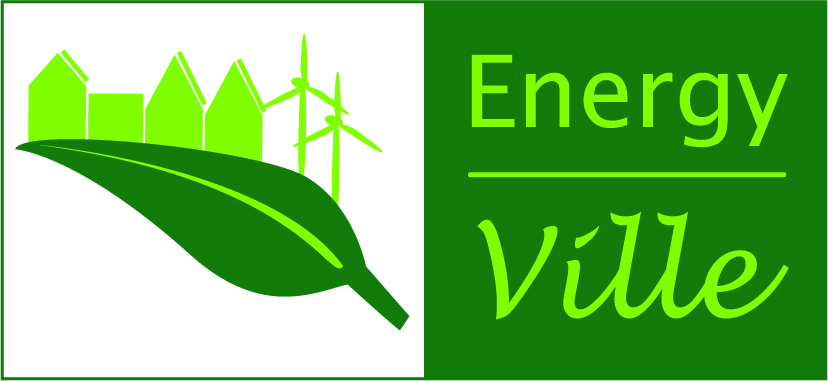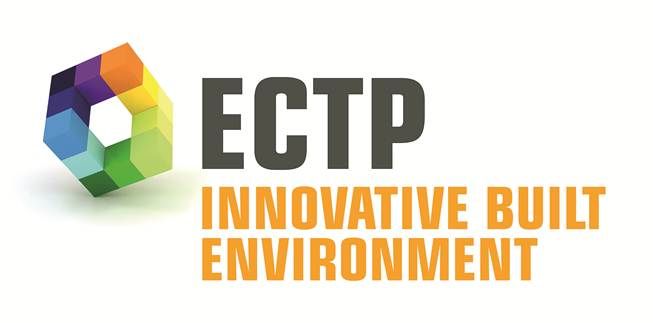Breakout session smart cities - European conference 2019
Breakout session 2:
Climate-Neutral and Smart Cities:
Reframing Urgencies towards a Horizon Europe Mission and Partnership
Programme
Moderator: Annemie Wyckmans, Professor, Department of Architecture and Planning and Head of NTNU Smart Sustainable Cities, NTNU
10:15 Welcome, Instructions for contributions, Proposed Priorities for the Climate-Neutral and Smart Cities Mission
Annemie Wyckmans, Professor, Department of Architecture and Planning and Head of NTNU Smart Sustainable Cities, NTNU
10:35 The research perspective
Anne-Catherine Rota, Higher Education and Research, Elsevier
Smart Cities - Research Trends (pdf)
10:45 Reframing the urgencies of climate-neutral and smart cities
Mari Sanden, PhD Candidate, Trondheim Academy of Fine Art, NTNU & Florian Schneider, Head of Department, Trondheim Academy of Fine Art, NTNU
10:55 The challenge of replication
Han Vandevyvere, Associate Professor, Department of Architecture and Planning, NTNU and Senior researcher and Project manager, EnergyVille
Insights on replication – Why may replication (not) be happening? (pdf)
11:05 The Smart City Guidance Package
Judith Borsboom-van Beurden, Lead of the EIP SCC Initiative, Smart City Guidance Package and Senior Researcher Smart Sustainable Cities, Department of Architecture and Planning, NTNU
11:15 The industry perspective
Paul Cartuyvels, ECTP European Construction Technology Platform, Member of Praesidium; BOUYGUES Europe, EU Affairs Director
11:20 Ten Priorities for Climate-Neutral and Smart Cities
Annemie Wyckmans, Professor, Department of Architecture and Planning and Head of NTNU Smart Sustainable Cities, NTNU
Proposed Priorites for the Horizon Europe Mission on Climate-Neutral and Smart Cities (pdf)
11:30 Panel discussion and open debate
Moderator: Annemie Wyckmans, Professor, Department of Architecture and Planning and Head of NTNU Smart Sustainable Cities, NTNU
Panelists:
Haitze Siemers, Head of Unit, Renewables, Research and Innovation, Energy Efficiency - New energy technologies, innovation and clean coal, DG ENER, European Commission
Paul Cartuyvels, ECTP European Construction Technology Platform, Member of Praesidium; BOUYGUES Europe, EU Affairs Director
Han Vandevyvere, Associate Professor, Department of Architecture and Planning, NTNU and Senior researcher and Project manager, EnergyVille
Judith Borsboom-van Beurden, Lead of the EIP SCC Initiative, Smart City Guidance Package and Senior Researcher Smart Sustainable Cities, Department of Architecture and Planning, NTNU
Mari Sanden, PhD Candidate, Trondheim Academy of Fine Art, NTNU
Florian Schneider, Head of Department, Trondheim Academy of Fine Art, NTNU
12:30 Concluding remarks
Carl Fredrik Lutken Shetelig, Professor and Dean, Faculty of Architecture and Design, NTNU
Description of the session
The rapid pace of technological innovation and change in urban development causes urban space to become increasingly fluid and uncertain. At the same time it is entirely calculated and shaped by the data currents resulting from generative algorithms. This influences how we define and assess the value of cities.
In this session, we will argue how the upcoming Horizon Europe Climate-Neutral and Smart Cities Mission and potential partnership could reshape and revaluate how cities can become more sustainable, resilient, inclusive and safe (Sustainable Development Goal 11). It is building on local and international innovation ecosystems (SDG17).
In particular, we will address three major leverage points blocking systemic change:
- How to create long-term commitment, trust and buy-in from civic groups and professional stakeholders, counteracting fragmentation and sectoral silos?
- How to address the lack of knowledge regarding the actual out-turn impact of urban interventions, to improve decision support and impact assessment, and to increase and substantiate the societal impact of urban investments? How to identify and strengthen new urban value chains?
- How to sustain successful projects and replicate them from one local situation to another and create economies of scale?
In order to address these challenges, we will present a comprehensive, standardized, yet agile roadmap methodology to guide the co-creation of 100% liveable cities
- with circular economy and renewable resources
- with private and public sector and civic society
- supported by a unique merger of transformative, technological, artistic and formative dialogue research
European Working group for the 10 priorities:



